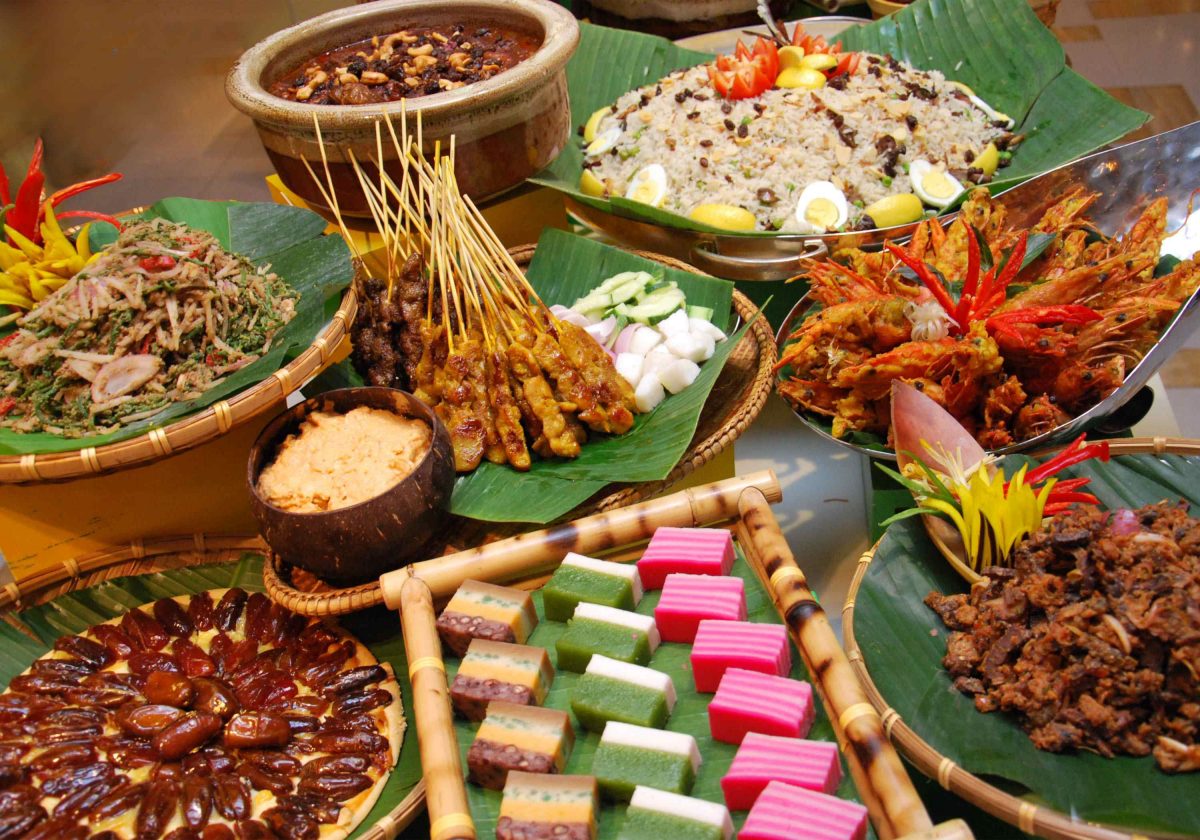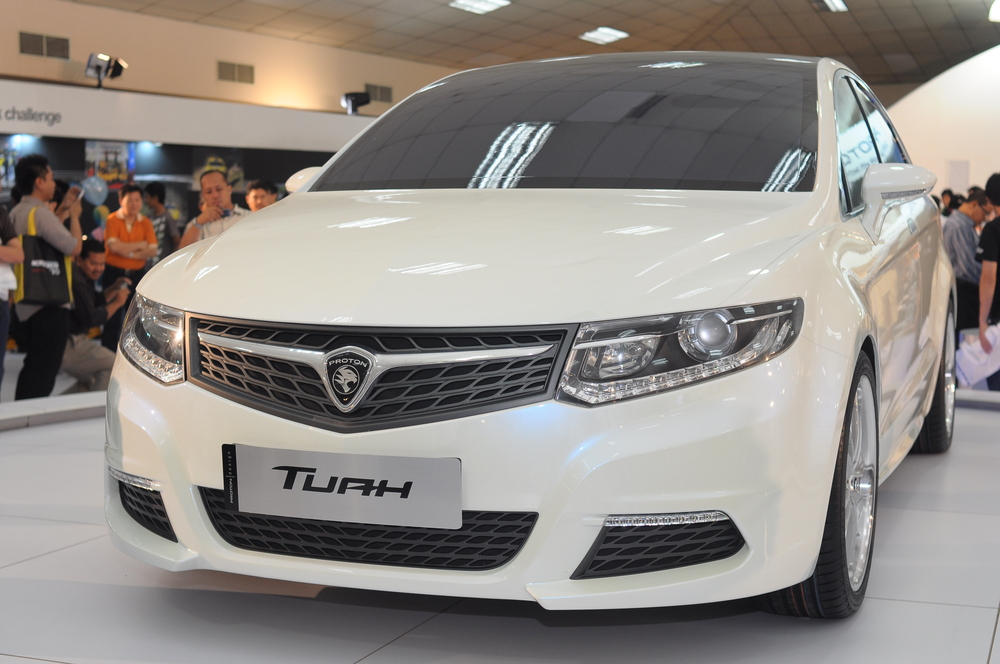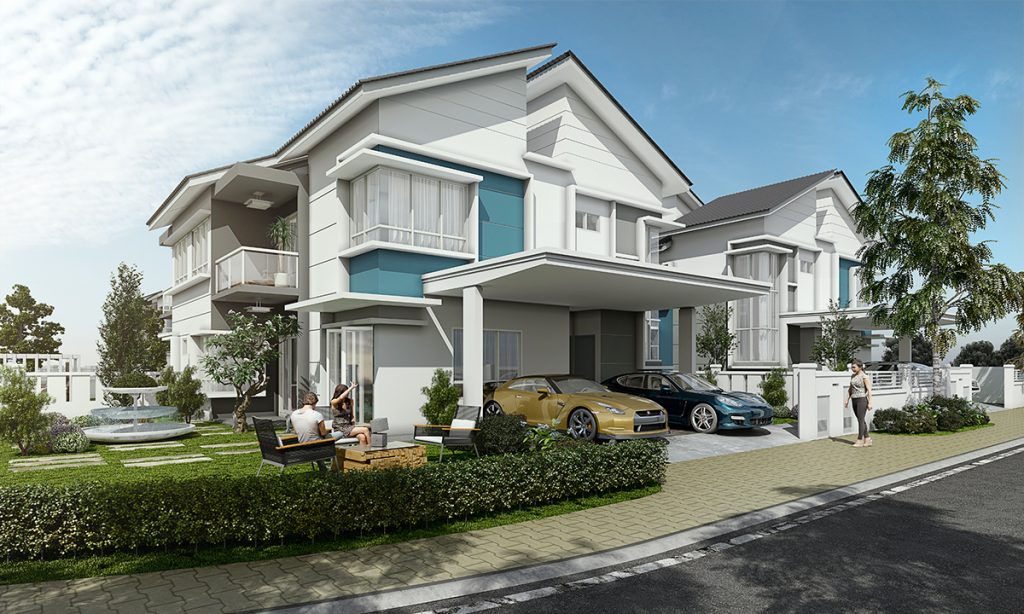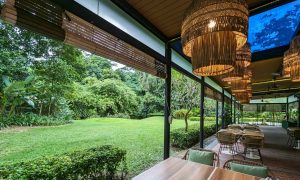Here at TEG Media, we have long been advocates of the MM2H programme. We have closely tracked the programme since its launch in 2002, and have noted the various obstacles faced which continue to this day. Many of the issues seem to stem from a certain confusion over what the programme is trying to achieve, albeit the financial contribution it makes to Malaysia. Bizarrely so, each government department seems to have a different idea of the best way to manage it, and for the people within the Ministry of Tourism who are charged with administering the programme, this can prove to be extremely frustrating.
In the early years, the rules were changed with such regularity that very few people could remember exactly what they were. Things came to an uncomfortable peak last year when a massive backlog of applications caused severe interruption with the process, on top of the new government deciding that the Ministry of Home Affairs should also review all applications creating further delays. It’s not clear why the government decided to tighten security over the programme by involving the Ministry of Home Affairs in the approval process, although it was clear that the move meant more restrictions and a much slower processing time for applicants.
Our latest research concerning expats living in Malaysia on the MM2H visa confirms our previous beliefs that it could be a material benefit both for the applicants and Malaysia. The real benefit to Malaysia are from those who have relocated here as opposed to most of the approved applicants who do not. The process gives very little incentive to move here and most of the marketing efforts for the programme do not take this factor into consideration.
Ironically, China and Japan are frequently targeted for new applicants even though their citizens make smaller contributions compared to other applicants. Many of the Chinese applicants acquire the visa when they buy property here, but it seems that very few actually relocate, and the Japanese tend to prefer long term stays which does not involve either buying a house, car, or living here year round.
Undoubtedly, the biggest contribution to Malaysia comes from those who decide to come and live here, and it comes from three main sources being: their day to day spending, buying property, and cars.

The survey revealed that on average, MM2Hers living here spend around RM10,000 a month. In addition, the majority had purchased a home in Malaysia and also a local car. Nearly a quarter of respondents who purchased a home spent over RM2 million or more, with 17% having purchased two cars in Malaysia, while 14% said they spend over RM15,000 a month on their living expenses. Collectively, MM2Hers who meet the profile of our respondents and relocate here are contributing billions to the economy.

Based on the survey, every 1000 MM2Hers who choose to settle here contribute around RM100 million towards consumer spending, and an additional RM1 billion in capital investment – being vehicles and property. Since the funds are sourced externally, this money also brings in valuable foreign exchange.
When we conducted our general survey on the programme, we received replies from citizens of 31 countries being mostly from Europe, Australia, North America, and various Asian countries. The response was overwhelmingly positive about their decision to join the programme and set up home here. Their only major criticisms was having to place most of their finances in a fixed deposit when they were spending so much in the country, and the fact that they are not given ID cards.

There is no requirement for the amount of time spent in Malaysia and it is widely recognised that most applicants do not relocate here. The Malaysian immigration does not track those on the programme and our own estimates show that less than 20% actually move here.
The good news is that based on our research, those who have relocated here are happy with their decision, with the vast majority saying they plan to spend the rest of their lives here.

It is worth noting that while Malaysia offers little in the way of incentives or benefits compared to other countries with similar retirement programmes, people still like Malaysia because of what the country has to offer in terms of the availability of great food, friendly citizens, and the fact that most people speak English, as well better travel opportunities coupled with a relatively lower cost of living.
The programme is able to contribute to Malaysia’s economic growth, while helping to create a positive image of the country around the world. It is also a terrific avenue for promoting tourism products, so it is pity that more is not being done to raise its awareness.
You can see our infographic of the research results here or read the full report here .
"ExpatGo welcomes and encourages comments, input, and divergent opinions. However, we kindly request that you use suitable language in your comments, and refrain from any sort of personal attack, hate speech, or disparaging rhetoric. Comments not in line with this are subject to removal from the site. "





















